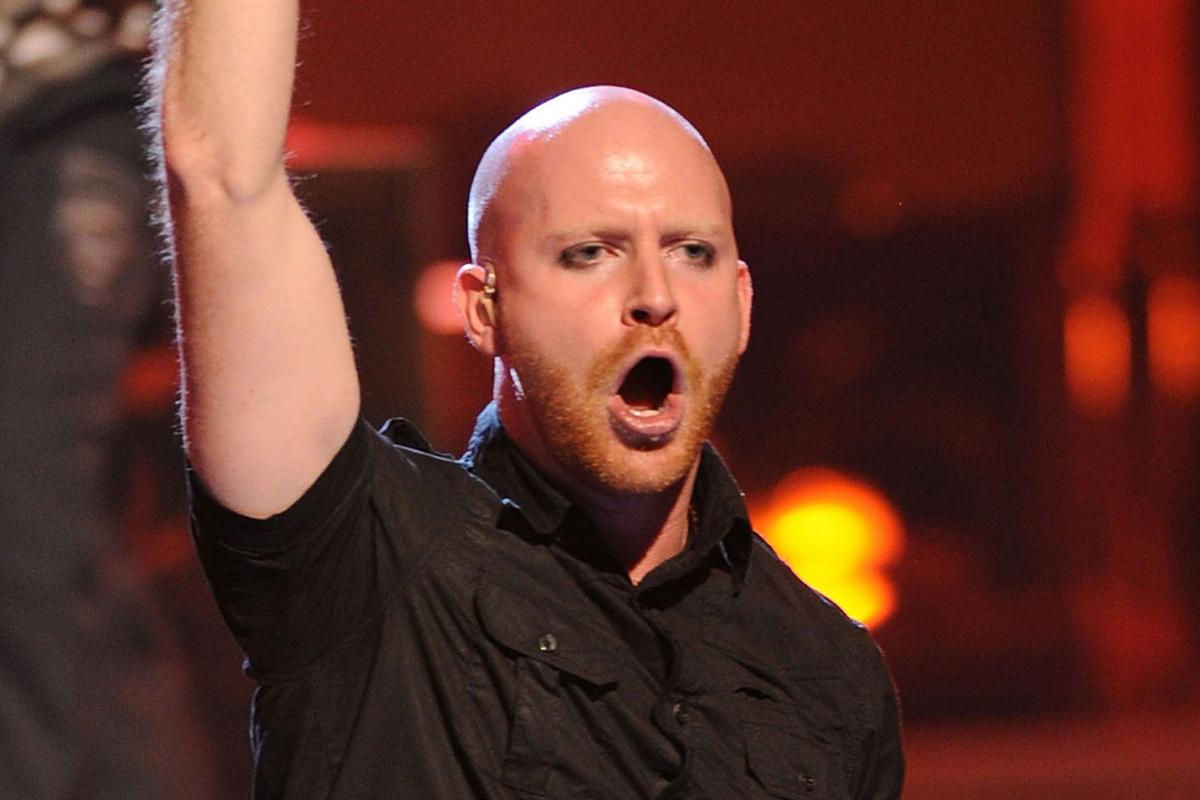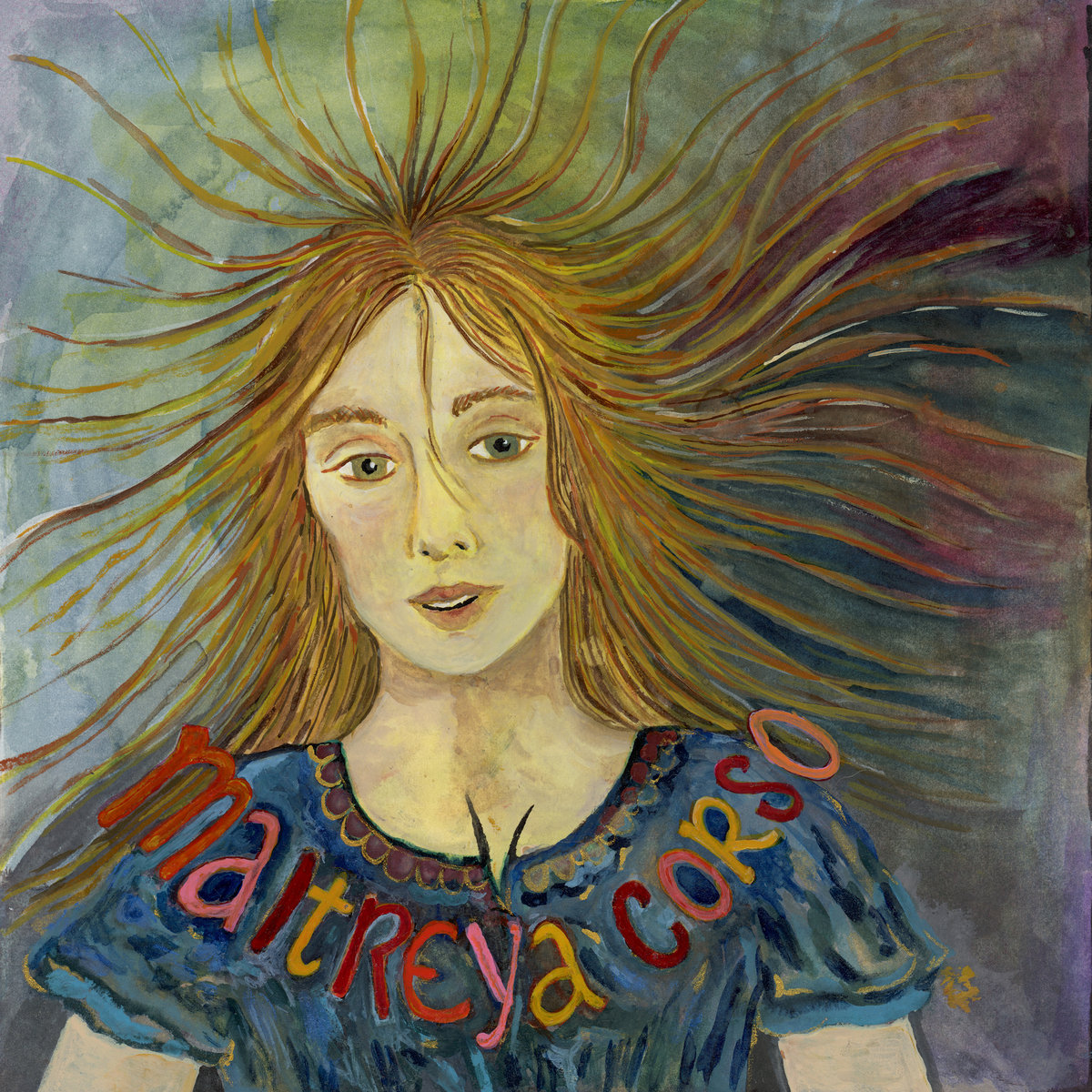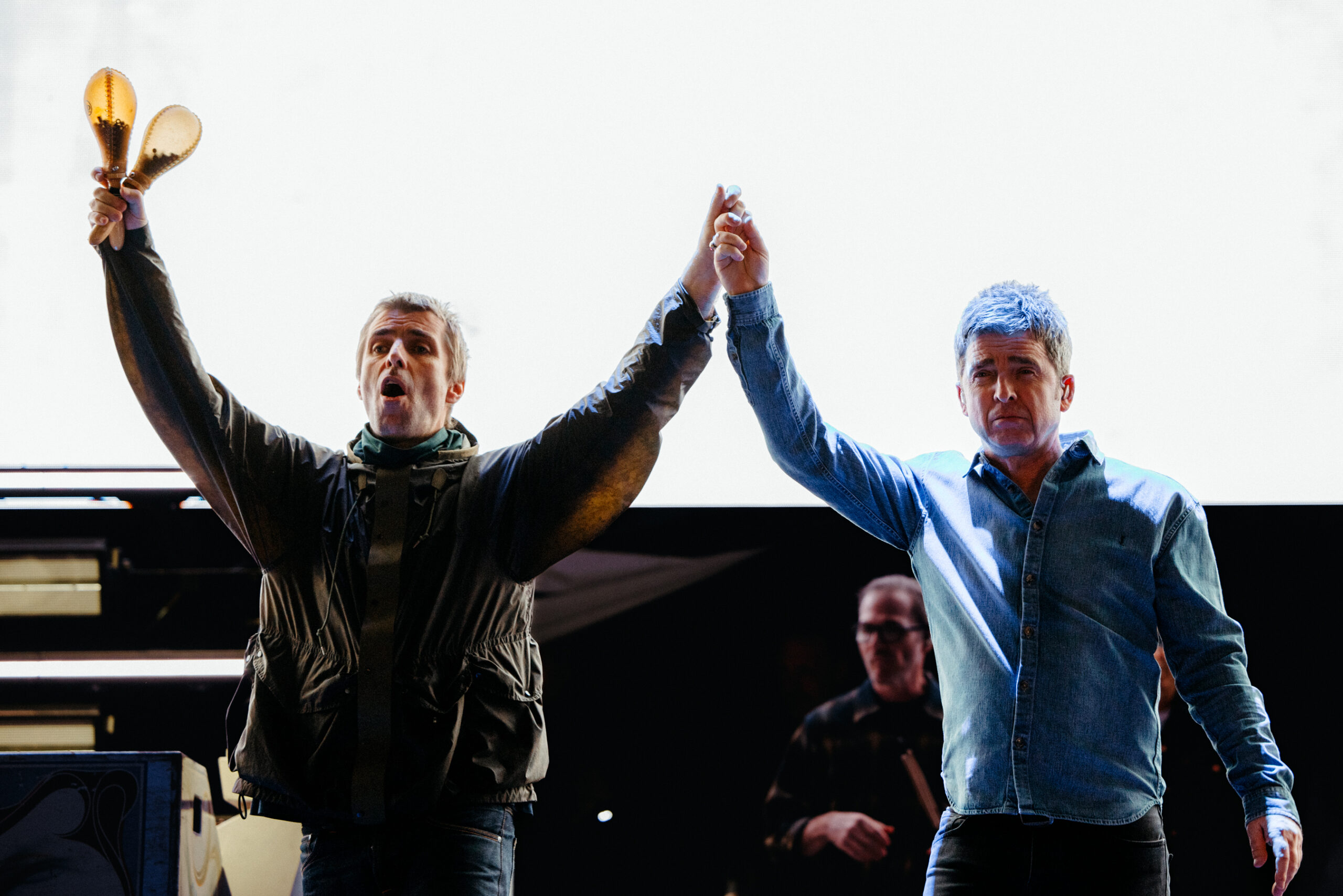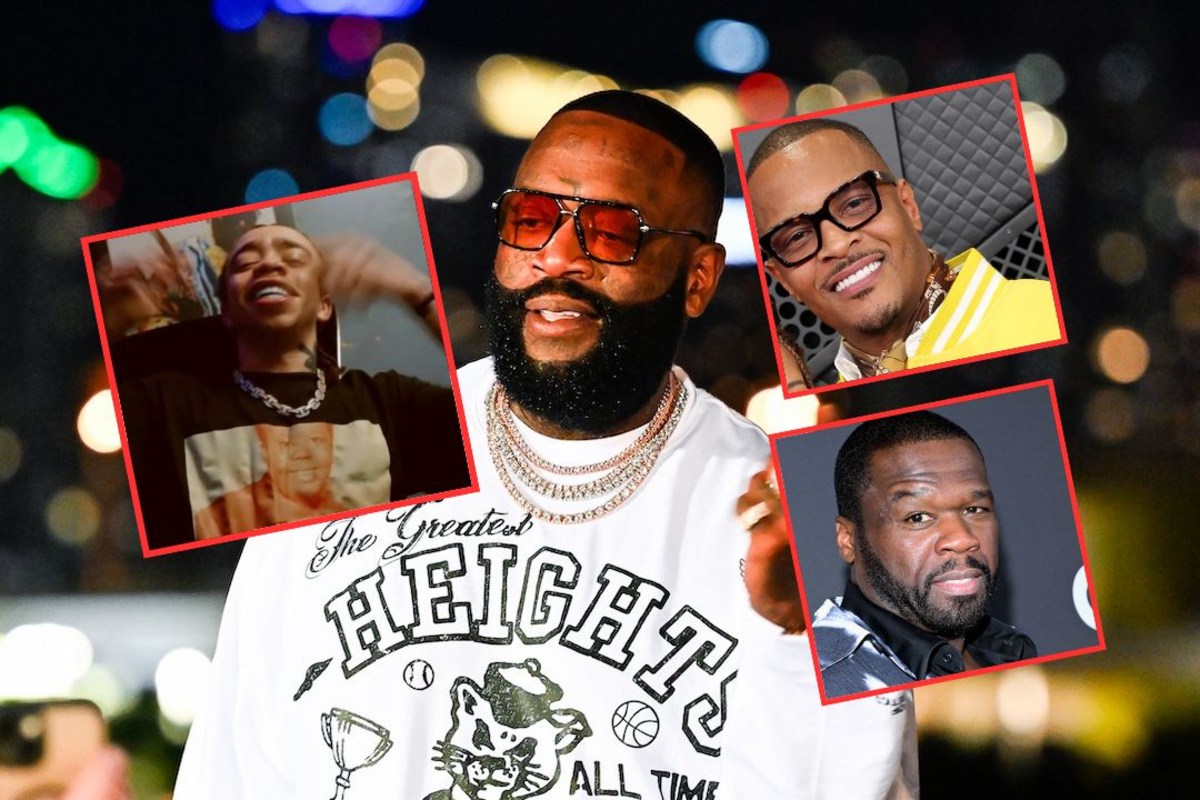Superfan appears in our Summer 2024 Issue with cover stars Wallows, Drain, Maya Hawke, the Linda Lindas, and Winnetka Bowling League. Head to the AP Shop to grab a copy.
“Don’t forget your science teacher when you make it big!” reads the top comment on YouTube under Kali Flanagan’s very first music video for the 2020 track “Back to the Start.” Whether it was heeded or not, that teacher had a gut worth trusting. Penned under Flanagan’s initial stage name, KALI, that first track was the Los Angeles teenager’s first taste of success. Over his first two EPs, the wunderkind gave us open-hearted iterations of his own coming-of-age story, unraveled by the multi-instrumentalist through verdant layers of thoughtful production and raw lyricism — and would lead to a slot opening for the Strokes at Red Rocks.
Read more: 6 rising artists to know this month
Today, however, Flanagan is on the precipice of leaving his teenage years behind, and much has changed since his early days. He now calls Bushwick home, and finds himself, in more than one way, in a different place. Under the new moniker Superfan, Flanagan’s latest album, Tow Truck Jesus, sees him step away from the path once taken. Across the 11-track LP, we’re reminded of that gut punch of a saying, “Grow or die.” Flanagan’s sonic landscape has been reborn, tumbling fearlessly over voice cracks and stripped-back guitars as he lays bare his experience transitioning, the trials of a long-distance relationship, and the trepidation and fear around career failures. It is straightforward, honest, and self-aware, teetering between unfathomable complexity and restraint — revealing, by no surprise, a revelatory level of maturity that we could all learn from.
There’s a theme of anonymity in your work, made most obvious in the name Superfan, but I can tell it runs deeper than just that. I’m curious about the origins of that through line.
When I made the decision to change my name from KALI to Superfan, I was aware of my attraction to anonymity, and letting my music speak for me. Many of my favorite artists embrace that idea, even if their face is on the album cover. Prince has always been a huge inspiration for me, and even if it’s not always through the music directly, there’s so much value to the way he approached his art. He’s someone that just does what he wants. On my record, focusing on the theme of anonymity was something I realized I’d done in retrospect. I thought it was just because I was going through this transformation, not only musically but physically, and having so many first experiences. I felt like I was in a cocoon, and I didn’t really want anyone to see me.
But as I keep living my life, that’s changed. It’s not that I don’t want people to see me — I just don’t need there to be too much attachment to what “I” am. Especially, being a trans artist, there’s a level of invisibility that I feel like I have to have, because there is a tendency for people to latch onto your art being one thing there.
This album is chronological, and the first song I wrote for it was “When You Come to LA.” I remember when I was working on that song, I was a little nervous and uncomfortable speaking about transitioning in such a blunt way. I wasn’t even secure yet in the fact that I wanted to be male, if I would go on hormones, or get surgery. It’s only two or three lines in the song, but I wanted to be honest about how that struggle exists among all of the other things that are happening in life, at the same time. Detachment from anything that we let dictate our identity allows everything to exist.
As an artist, to people on the suit side of things, it would make things a lot easier if I was like, “Here’s my image, and here’s this, and here’s that.” But when I changed my artist project name and started making different music, the reality is that was just a course of events. I started writing music when I was 11 years old and got signed when I was 14. Life happens, and we move with that.
What led you to start writing at 11? Was that something that was encouraged in your house?
Well, I started taking lessons when I was 4, and then after-school rock programs. But by 11, I was maxed out at that time for my age, and bored! I could not keep singing “Killing in the Name.” I wanted more. I took a songwriting class at the program and started messing around on GarageBand. Eventually stopped taking lessons. They weren’t serving me in the same way that they did when I was still trying to be a “shredder.” Writing music was discovering my own language, and the way that I play now is heavily informed by me playing and writing for so long, trying to make something that didn’t sound like anybody else. This is why I love Prince. He doesn’t give you enough of himself outside of the music that can make you idolize or want to be him, he makes you want to be more like yourself — because he’s fully himself and nobody can be him.
That adds another level of irony to your name, then. I also see a reflection of that mentality you had when you stopped lessons in this new album. You stripped it back, instead of overworking the production to create something totally different.
Yeah, I still was really involved in the production process because I cannot not be. Gabe Wax is just 100% encouraging. All of the parts are within me, so I just would start doing the thing that I usually do when I’m alone. But it was honestly more impactful because I had somebody to be like, “Don’t do that.” He just knew what was appropriate for the songs, and I knew what I wanted. I just let things happen. Things just would reveal themselves naturally, and I think that was the best part of the process.
With this album, there’s this element of heaviness, honesty, and seriousness, but there’s also a Jonathan Richman type of humor.
I am glad that you picked up on that. To me, people are like, “Oh, my God, it’s so sad.” And I’m like, “No.” I mean, it’s sad. I know the state in which some of these songs come from, but there is something very humorous about looking back at your most down bad points because then you gain space from ’em, and you’re like, “Actually, it’s all small things.” Also, that’s my intention with the bluntness and the directness of the lyrics because I’m being so honest, but it’s not that serious. It’s just the way things are.
I feel like that’s a testament to the ability to be present. There’s more honesty in that than there is in being overly poetic.
I feel like the lyrics that I was most afraid of, for whatever reason, somehow are embedded with the most lightheartedness at the same time.
Did that happen while you were writing it, or do you feel like that happened in the process of recording? Or was it just subconscious?
I feel like it was subconscious, but also I think probably while writing, because I don’t like sounding serious. If they think I’m serious, that’s their thing. I maybe probably take myself too seriously, but in my heart and in my intention, I don’t mean to be serious. I just mean to be honest.
I think that there’s a difference between being honest in your writing and using your music for personal catharsis, too.
Yeah, I think that’s the whole mind trip with the idea of a career in music, because music is the railroad track that my life runs on. It’s weird that there are these ideas of trajectory because you are simply just out of control in the sense of what ideas you get when you get them, but also what opportunities you get. At the end of the day, if this becomes not fun, it’s a lifestyle. Music is a lifestyle because it’s the way that I am making sense of what’s going on, in whatever capacity that is. It’s just taking photographs. So, there can be a tendency for things to get serious. When I think about music as a career, other people are trying to get me to think about things in a certain way, but I’d rather tell myself, “I’m so young, and I have so much time” and just enjoy what I’m doing. I’m learning to trust myself enough and trust that my intentions are in the right place so that things just happen when they happen, and I’m already doing what I love.
How do you want people to listen to this album?
Ideally in full, and I just want them to listen to it and then make what they want out of it and think about themselves. I just hope that it becomes a part of other people’s lives, and I want people to just give it time. It’s very obviously lyrically dense, and some of the songs, it’s not point A to point B. I think all of the songs are strong on their own as well, so maybe people will like one song more than they like another, but it’s all about human experience. So I hope that it can exist in the context of others.







